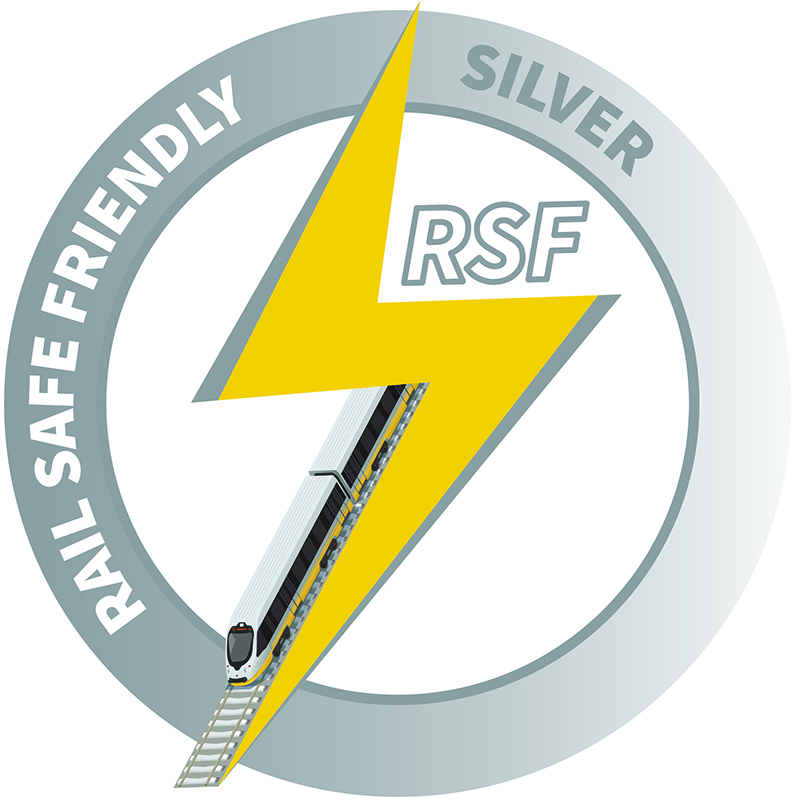PE
Pupils are offered a wide range of practical activities and cover basic theory aspects regarding living a healthy and active lifestyle. By playing both team and individual sports, pupils develop fundamental motor skills. This can build confidence as well as develop the ability to work as part of a team, developing their social skills. Pupils begin to develop a resilience to setbacks and learn the values of sportsmanship. Students will also develop an appreciation of how their body works through aesthetically judged activities. By the end of KS3, pupils should be able to engage safely and successfully in a wide range of sports, identifying activities which they most enjoy and are therefore likely to continue. They will also have a basic understanding on the importance regular physical activity has on health.
There is an extensive programme of inter-form and inter-school fixtures and Ashlawn has a proud tradition of pupils gaining district, county, regional and national representative honours.



